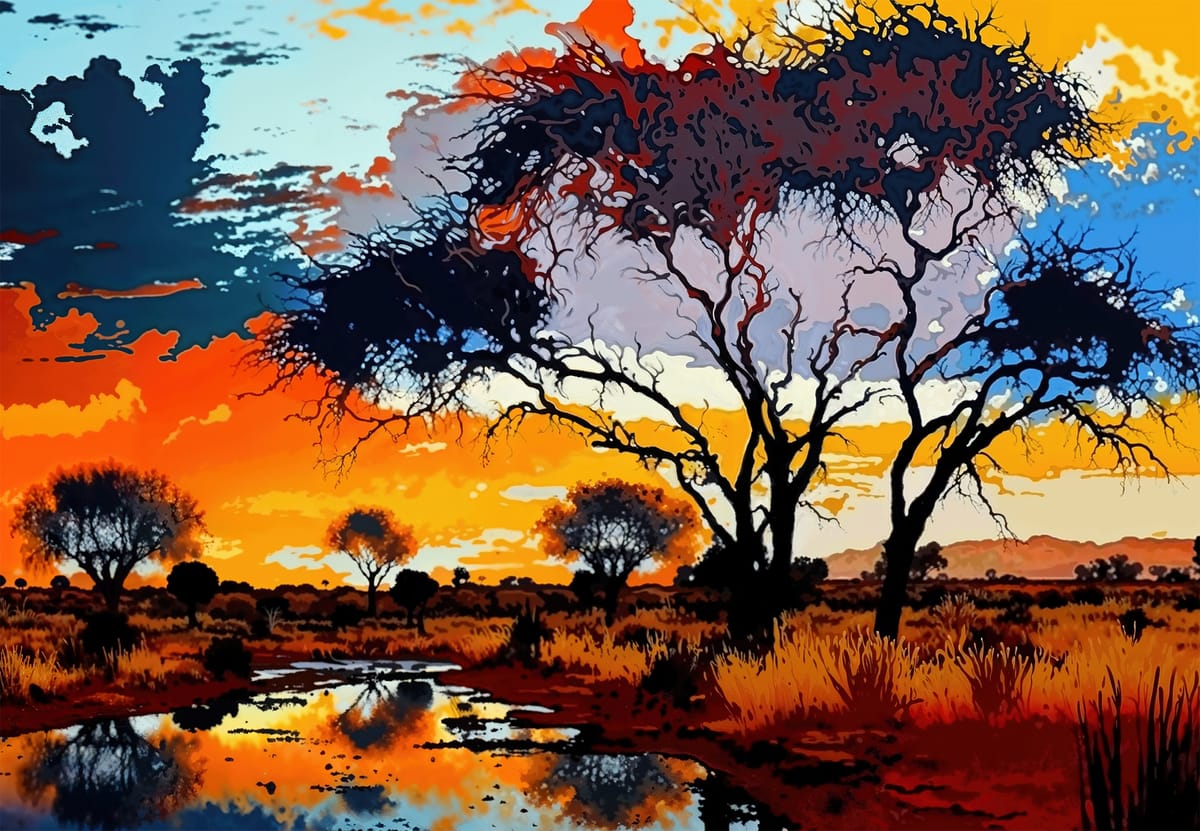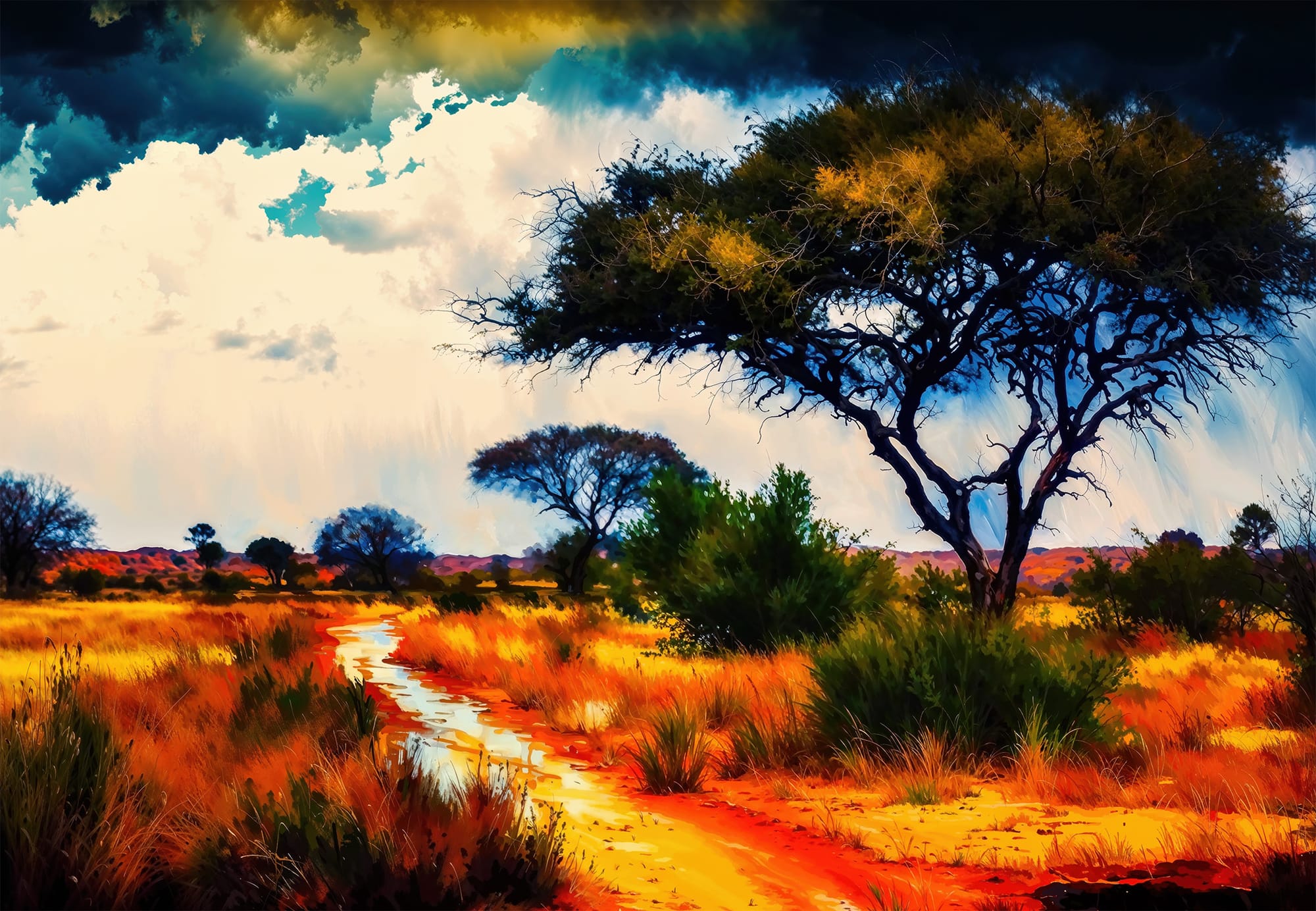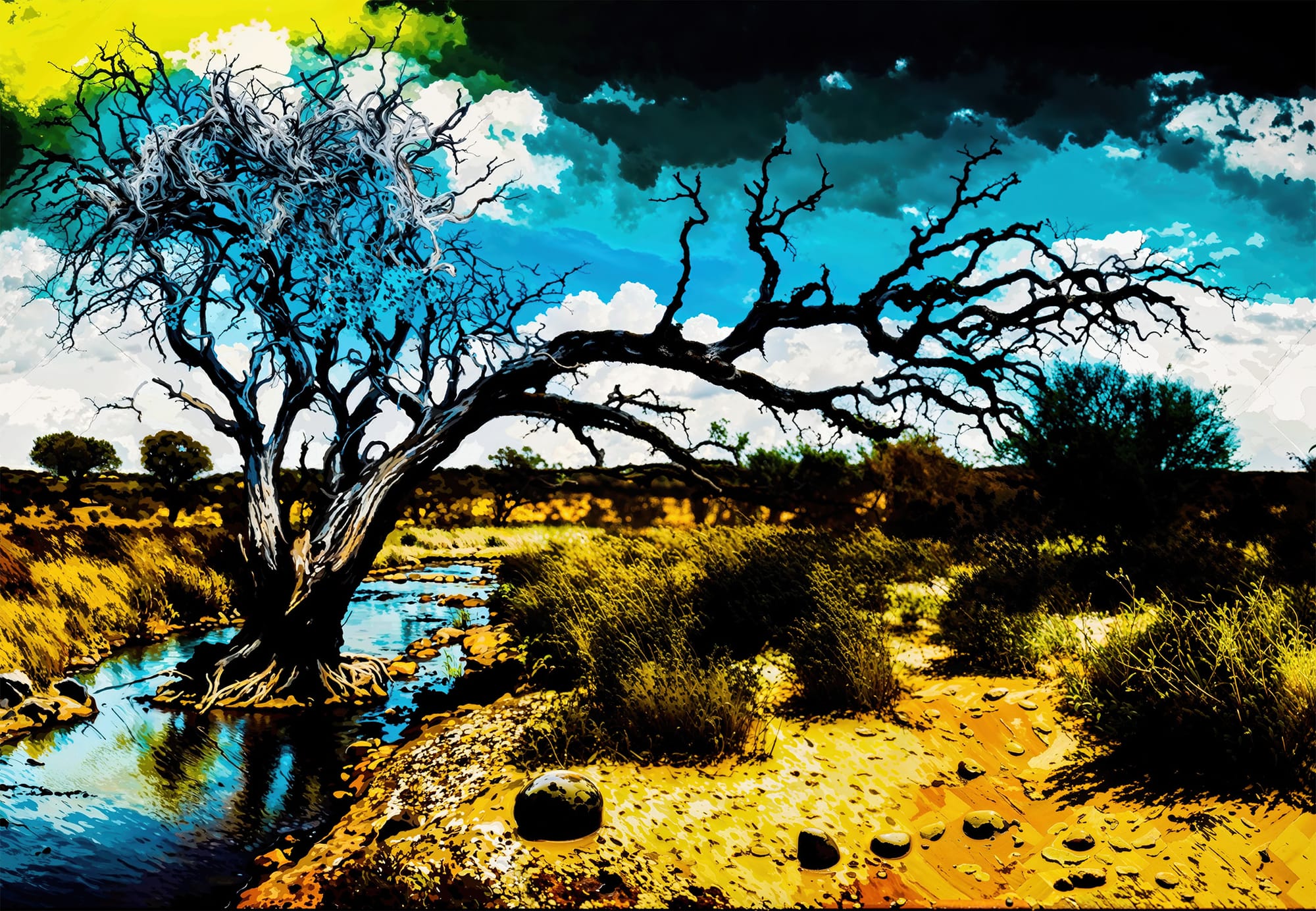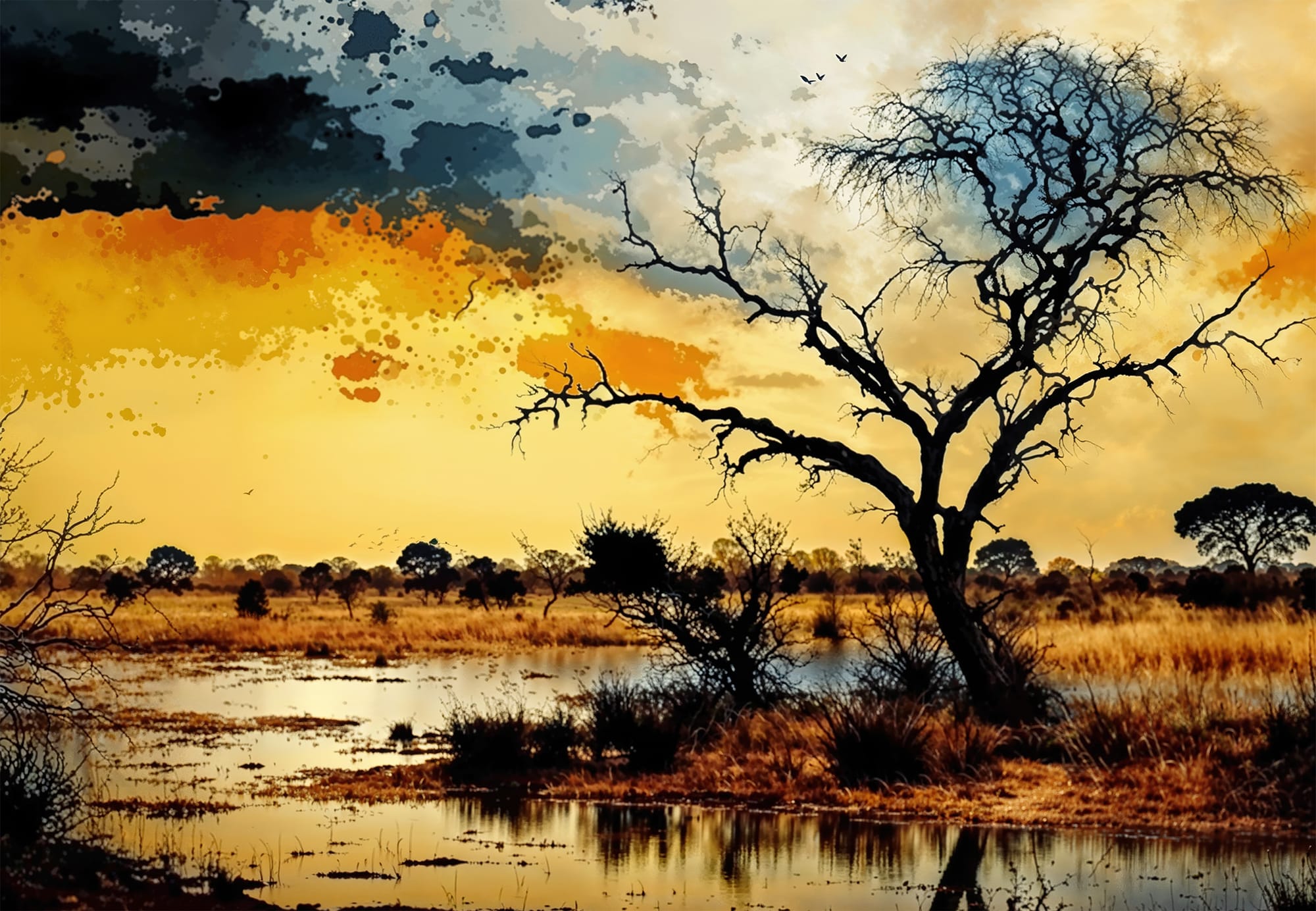Kruger National Park, South Africa
Explore Kruger National Park, South Africa's wildlife paradise. Spot the Big Five, witness breathtaking sunsets, and immerse yourself in nature's drama. From self-drive safaris to guided tours, experience the raw beauty of African wilderness in this vast conservation haven.

Welcome, adventure seekers and nature enthusiasts! Today, we're diving into the heart of South African wilderness - the magnificent Kruger National Park. This vast expanse of untamed beauty is a must-visit destination for anyone looking to experience the raw power and diversity of African wildlife. Let's embark on a virtual safari and discover what makes Kruger so special!
Introduction to Kruger National Park
Stretching over 19,485 square kilometers (7,523 square miles), Kruger National Park is one of Africa's largest game reserves. Established in 1898, it's not only a sanctuary for an incredible variety of wildlife but also a testament to conservation efforts in South Africa.
Points of Interest and Must-See Attractions
1. The Big Five
No visit to Kruger is complete without spotting the Big Five - lion, leopard, rhinoceros, elephant, and Cape buffalo. While sightings aren't guaranteed, Kruger offers some of the best opportunities to see these magnificent creatures in their natural habitat.
2. Olifants River
The Olifants River is a lifeline for many animals in the park. The Olifants Rest Camp provides stunning views over the river, where you can often spot hippos, crocodiles, and a variety of bird species.
3. Letaba Elephant Hall
For elephant enthusiasts, the Letaba Elephant Hall is a must-visit. This museum showcases the evolution of elephants and houses an impressive collection of elephant tusks.
4. Sabie River
The Sabie River area is known for its high concentration of wildlife. It's an excellent spot for game viewing, especially during the dry season when animals congregate around water sources.
5. Mlondozi Dam
This is a fantastic spot for a picnic with a view. The dam attracts a variety of animals, and you might even spot predators coming for a drink.
6. Tshokwane Picnic Site
A popular stop for refreshments, this picnic site often attracts elephants and monkeys. Remember to keep your food secure!
7. Sunset Dam
Near Lower Sabie Rest Camp, this is one of the best places in the park to watch the sunset while observing hippos, crocodiles, and various water birds.

Travel Tips
- Best Time to Visit: The dry season (May to September) is ideal for game viewing as animals concentrate around water sources. However, the wet season (October to April) offers lush landscapes and excellent bird watching.
- Accommodation: Kruger offers a range of accommodation options from basic camping to luxury lodges. Book well in advance, especially for peak seasons.
- Self-Drive vs. Guided Tours: Both options have their merits. Self-drive allows flexibility, while guided tours provide expert knowledge and increase your chances of spotting elusive wildlife.
- Early Mornings: Wake up early! Many animals are most active during the cooler morning hours.
- Safety First: Always follow park rules. Never leave your vehicle except in designated areas, and don't approach or feed the animals.
- Patience is Key: Wildlife viewing requires patience. Sometimes, sitting quietly at a waterhole can yield amazing sightings.
- Bring Binoculars: A good pair of binoculars can greatly enhance your wildlife viewing experience.

Local Insights
- Lesser-Known Trails: While the main roads are excellent for game viewing, consider exploring some of the less-traveled gravel roads like the S100 near Satara or the S28 near Crocodile Bridge for a more secluded experience.
- Bush Braais: For a truly South African experience, book a bush braai (barbecue) through one of the camps. Enjoy a delicious meal under the stars in the heart of the bush.
- Local Time: Locals often refer to "Kruger Time" - get up at dawn, rest during the hot midday, and go out again in the late afternoon. This rhythm aligns with animal activity and helps you make the most of your visit.

Conservation Efforts
Kruger National Park plays a crucial role in conservation efforts, particularly in protecting endangered species like the black rhino. By visiting, you're contributing to these efforts. Consider learning about and supporting anti-poaching initiatives during your visit.
Conclusion
Kruger National Park is more than just a wildlife sanctuary; it's a place where nature's drama unfolds daily, where every drive is an adventure, and where memories are made that last a lifetime. Whether you're a first-time visitor or a seasoned safari-goer, Kruger has something special to offer. So pack your bags, charge your cameras, and get ready for an unforgettable journey into the wild heart of Africa!
Remember, in Kruger, every moment is precious, every sighting is a gift, and every visit leaves you yearning to return. Happy exploring!